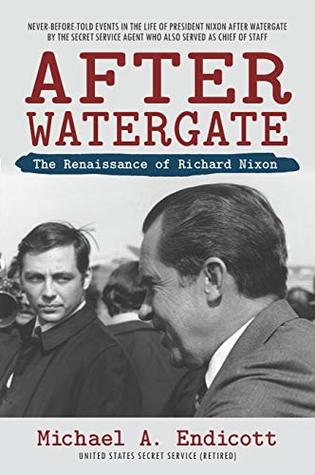Kindle Notes & Highlights
Read between
March 7 - March 9, 2019
I led his Secret Service detail from August 1979 (five years after he resigned from the highest office in the land) to August 1985. Then he gave up his Secret Service protection—the only President to ever do that too—and I became his Chief of Staff on a private basis until 1992.
He interviewed in New York after graduation in 1937 and was impressed with everything. He told me he could see living and working in New York, which he later did. In fact, he was told one of the advantages of going to a New York firm was he would not have to go to war. He had found out there was an exemption for Dutch men, like him, because of his Quaker heritage, from serving in the military.
In addition to my protective detail, I was working on a project to develop a counterterrorism program for the Middle East for the relatively new Protective Support Division, on Kissinger’s detail. At the time Kissinger had a $250,000 bounty on his head set by Colonel Muammar Gaddafi, the revolutionary leader in Libya.
We had settled into our morning routine getting Nixon from his home in Saddle River into the city and to his office in the Javits Federal Building in the World Trade Center complex, near our Secret Services offices.
I asked, “Did you tell Nancy too?” It was well known in some private circles that President Reagan was in the early stages of dementia. His wife, Nancy, was running the show. “I didn’t tell Nancy,” he said. “Do you think he’s going to remember to tell her?” We both agreed he probably would not.
But the one thing that seemed to be missing in his life, the one thing no one has documented or he ever talked about, was a friend. Everyone usually has at least one close friend in growing up. Even though his life seemed to be void of a close friend, Nixon is reported to have interacted with many at school, boys and girls. But he operated mostly as a loner throughout his life, and it was Nixon’s penchant for putting people in silos that may have led to his behavior during Watergate. By silos, I mean partitioning people into one area without knowledge of another—just as he methodically
...more


